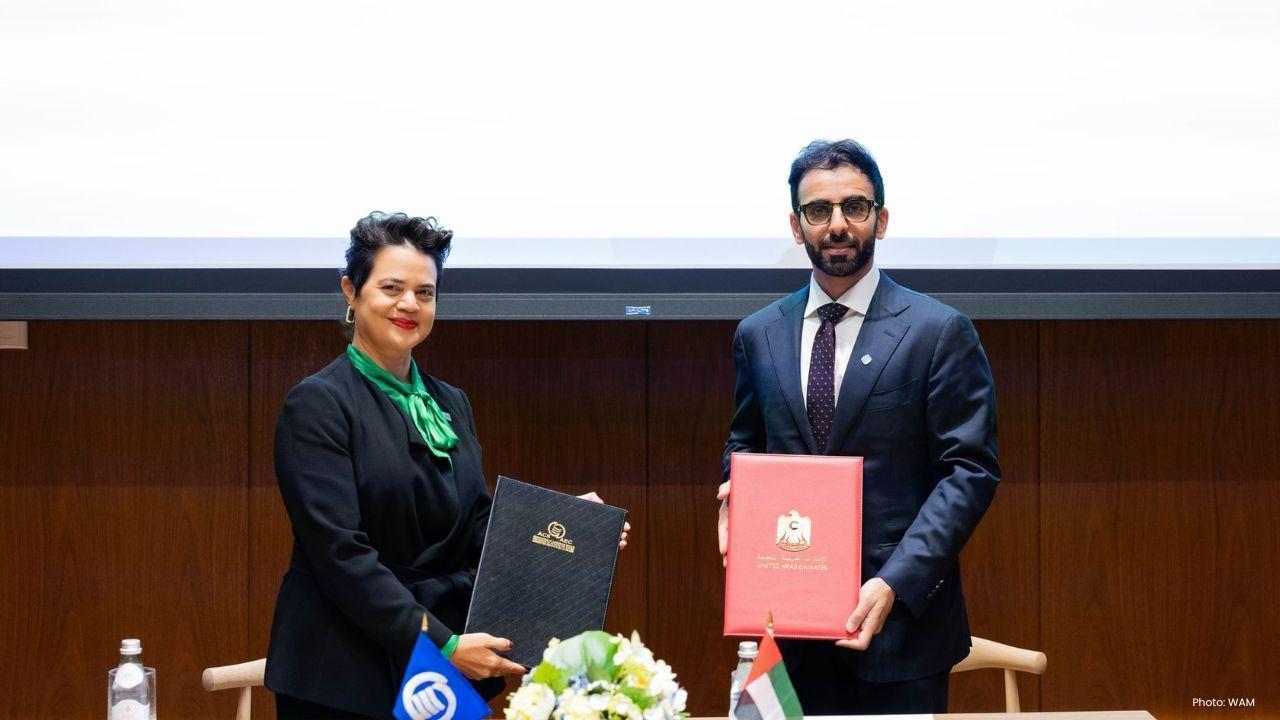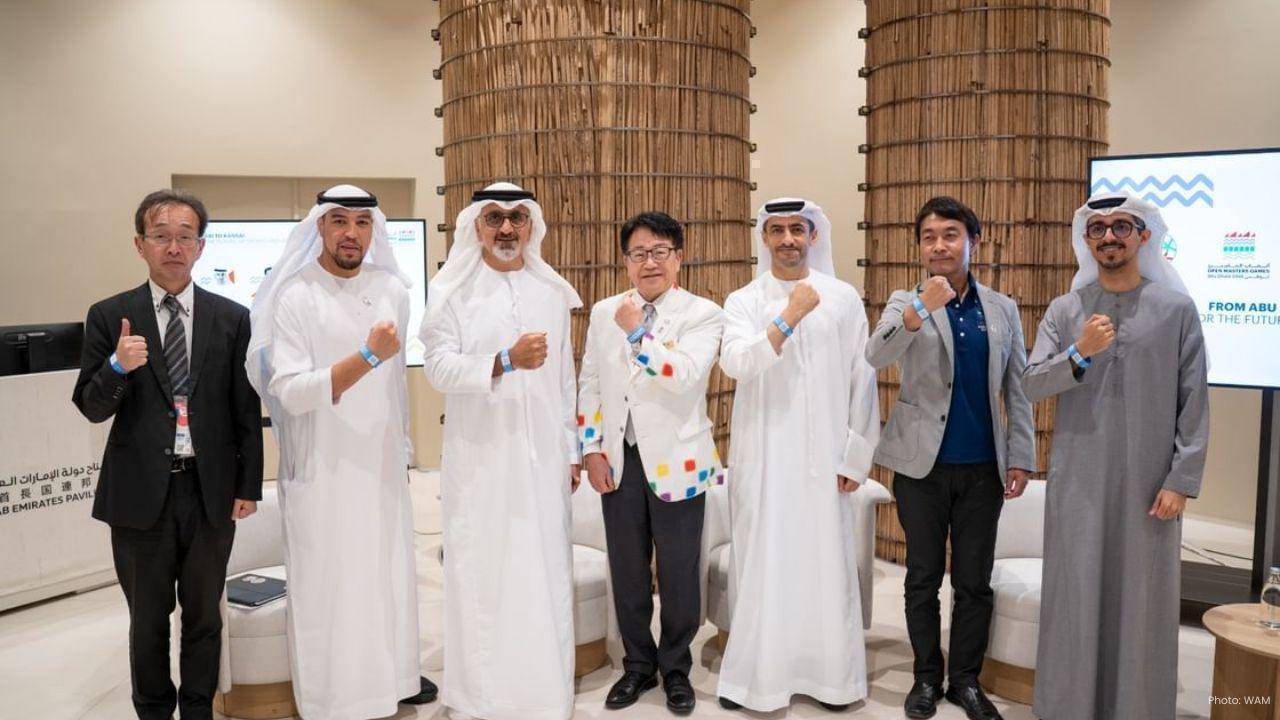
Post by : Vansh
In a world where innovation drives progress, the role of tech education has become more crucial than ever. As digital tools and smart technologies infiltrate every corner of our lives, educating young minds to understand, apply, and innovate through technology is no longer a choice—it is a necessity. The leaders of tomorrow are being shaped not only by traditional classroom lessons but also by the digital knowledge and critical thinking skills fostered through technology.
We are living in an era dominated by artificial intelligence, robotics, automation, and big data. These trends are rapidly reshaping industries and creating a demand for a workforce that is fluent in digital languages. This is where tech education plays a transformative role. Schools and institutions across the globe are integrating digital skills into the curriculum to ensure students are future-ready.
Digital literacy, once considered a supplemental skill, is now fundamental. Children as young as five are being introduced to coding and computational thinking, preparing them early for a world where jobs increasingly require technical know-how. Governments and educational organizations are recognizing this trend, investing in digital infrastructure, online learning platforms, and teacher training to ensure technology is not just taught—but understood and applied meaningfully.
One of the most significant aspects of tech education is teaching students to code. Coding is more than writing lines of text for machines; it's a language that trains the mind to think logically, analyze problems, and find efficient solutions. These skills aren’t just useful for future programmers—they’re essential for any leader, entrepreneur, or innovator in the digital economy.
Learning how to code empowers students with the confidence to create rather than consume technology. When a child builds their first app or programs a robot, they develop a mindset geared toward innovation and exploration. This mindset becomes foundational as they enter higher education and, later, the workforce.
Gone are the days when classrooms were confined to chalkboards and textbooks. Today’s tech-enabled learning environments offer hands-on experiences that make learning dynamic and interactive. From virtual reality field trips to 3D-printed models of historical artifacts, technology has revolutionized how knowledge is delivered and absorbed.
In tech education, students are encouraged to experiment with real-world applications. Whether through robotics clubs, science fairs, or hackathons, young learners now have platforms to showcase their creativity and problem-solving abilities. This experiential learning not only enhances understanding but cultivates leadership qualities such as decision-making, collaboration, and resilience.
While the benefits of tech education are clear, it's important to recognize that not all students have equal access to these resources. The digital divide—a term that refers to the gap between those with and without access to technology—remains a major challenge in both developed and developing nations.
Efforts to bridge this divide are essential for inclusive innovation. Government initiatives, non-profits, and tech companies are coming together to provide affordable internet, devices, and training to underserved communities. Only when every child has the opportunity to explore the digital world can we truly empower the next generation of global leaders.
The views and opinions expressed in this article are for informational purposes only and do not necessarily reflect the official policy or position of MiddleEastBulletin. Readers are encouraged to seek additional sources for a well-rounded perspective.
#trending #latest #TechEducation #FutureInnovators #DigitalLiteracy #EdTechRevolution #CodingForKids #STEMLearning #21stCenturySkills #EmpowerThroughTech #NextGenLeaders #TechForGood #MiddleEastBulletin #MiddleEastNews #BreakingNews #LiveUpdates #BulletinLive #BusinessNews #WorldHeadlines #SocialUpdates #TechNews #HealthUpdates #EducationNews #ClimateWatch #SportsBuzz #TravelMiddleEast #VoiceOfTheMiddleEast #TrendingNow










OpenAI's Revenue Soars to $4.3 Billion in First Half of 2025
OpenAI's revenue reaches $4.3 billion in the first half of 2025, marking a 16% increase from the pre

UAE Leaders Send Condolences to Saudi King Over Princess Abta's Death
UAE rulers and crown princes sent heartfelt messages to King Salman, mourning the passing of Princes

Brazil's Surplus Clean Energy Attracts Crypto Miners
Brazil's excess renewable energy is luring cryptocurrency miners. Companies like Tether and Renova E

Visa Tests Stablecoins to Make Global Payments Faster
Visa is testing stablecoins for international payments, aiming to speed up transactions and reduce t

Opera Unveils Neon AI Browser for Smarter Web Browsing
Opera introduces Neon, an AI-powered browser that automates tasks and enhances privacy, aiming to re

Albanese Visits Sheikh Zayed Grand Mosque in Abu Dhabi
Australian PM Albanese tours Sheikh Zayed Grand Mosque, highlighting peace, tolerance, and cultural